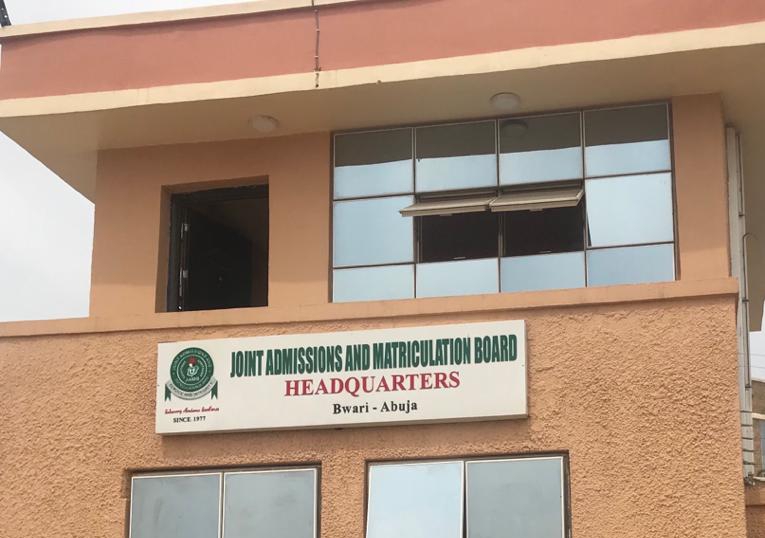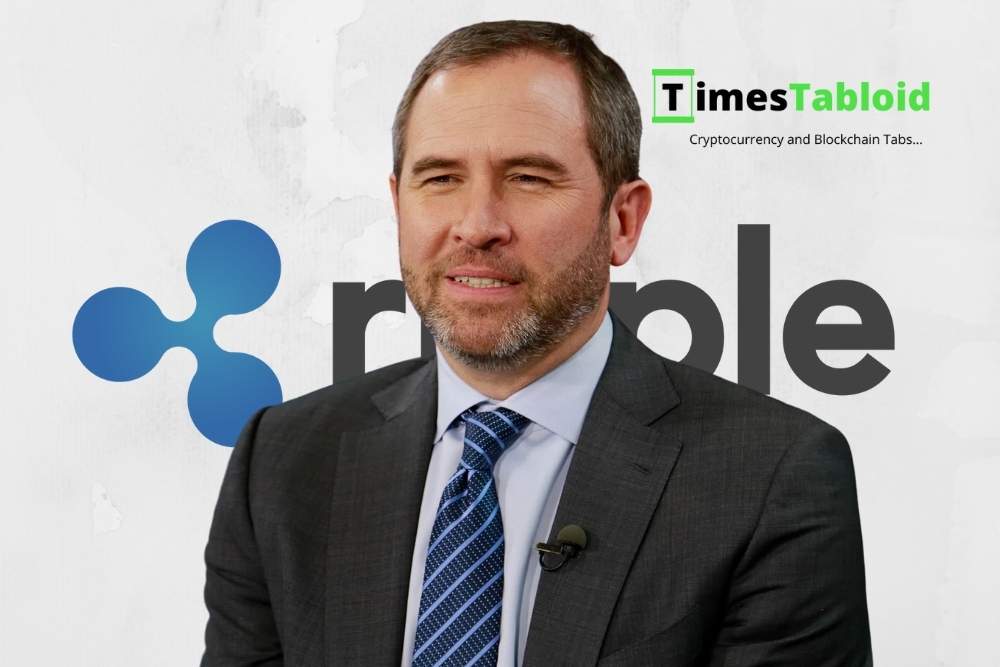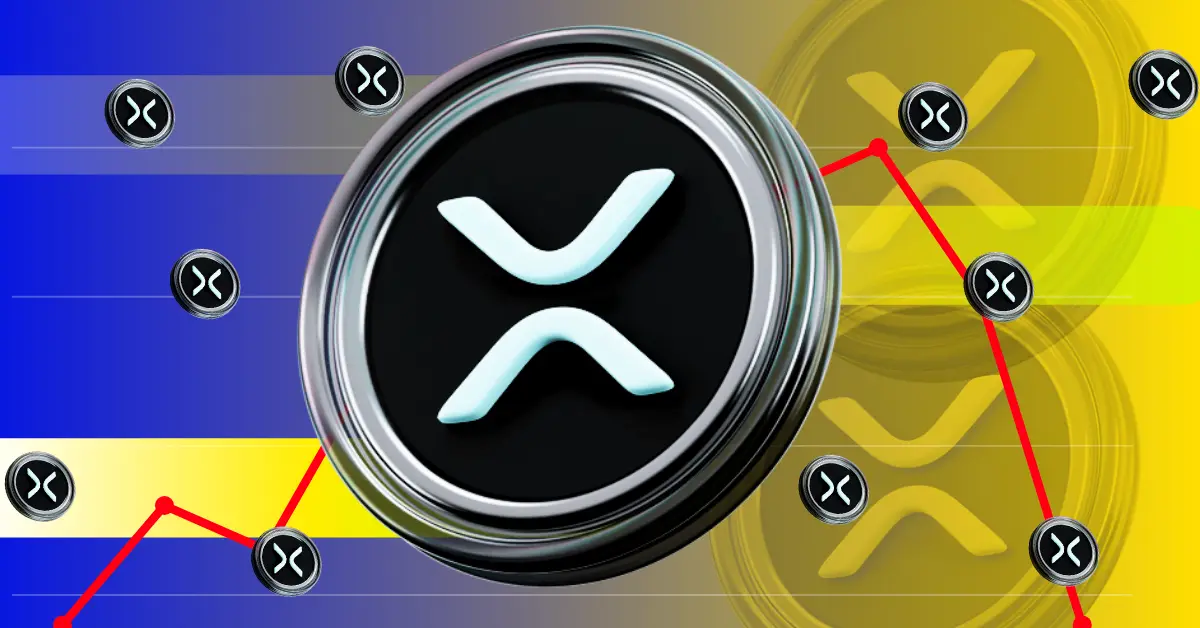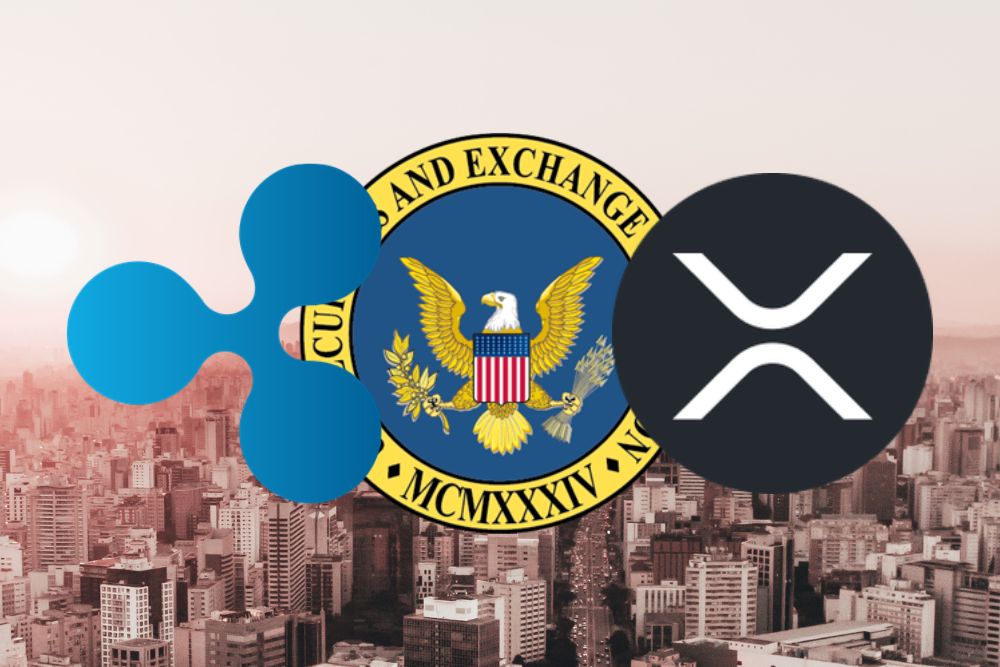In a recent court decision, Judge Analisa Torres rejected a joint motion filed by Ripple and the U.S. SEC. The motion sought an indicative ruling to modify the court’s earlier judgment. This marks a key setback for both parties in the long-standing XRP lawsuit.
Ripple and the SEC had agreed to settle the penalty phase and filed a joint request to dissolve a prior injunction. However, the court denied the request because there were no extraordinary circumstances to warrant such an action.
The judge stressed that final decisions cannot be changed unless due to public interest or a new law.She added that mutual consent of litigants is not enough to reverse a fixed court order. This legal criterion is consistent with the Supreme Court interpretations on the stability of court rulings.
Previously, the court had rejected a similar motion because it failed to meet procedural standards. Ripple and the SEC later amended their motion and refiled it with new arguments. However, those arguments failed again as they did not meet the legal threshold for reconsideration.
Judge Torres also referred to the previous position of the SEC that harsh penalties was critical to protect the investors and the public. She pointed out to the SEC’s claim that the actions of Ripple were reckless and that it was likely to continue without strict enforcement. Torres questions the shift in the SEC tone over consistency and credibility.
Source: X
Ripple’s legal team submitted a supplemental letter insisting that the injunction no longer served its original purpose. However, the judge dismissed this claim on the basis that there were no material changes. Both parties had failed to demonstrate any shift in circumstances since the original decision.
The decision shows that the court considers its judgement as a public record, but not a private settlement. Although both Ripple and SEC are interested in resolution, the court has to uphold the judicial integrity. Legal experts believe that this strengthens the importance of finality in the securities law application.
Judge Torres reiterated that Ripple broke the securities laws through unregistered sales of XRP. The penalty and injunction were founded on established misconduct and not speculative risks. The original justification for the enforcement actions still stands today.
Meanwhile, XRP market sentiment took a hit after this legal development and failed technical signals. A golden cross was expected on the charts earlier this week, but the setup was invalidated. The asset has since turned bearish, which has alarmed traders. XRP price currently trades at $2.11, after a 3% decline in the last 24 hours.











